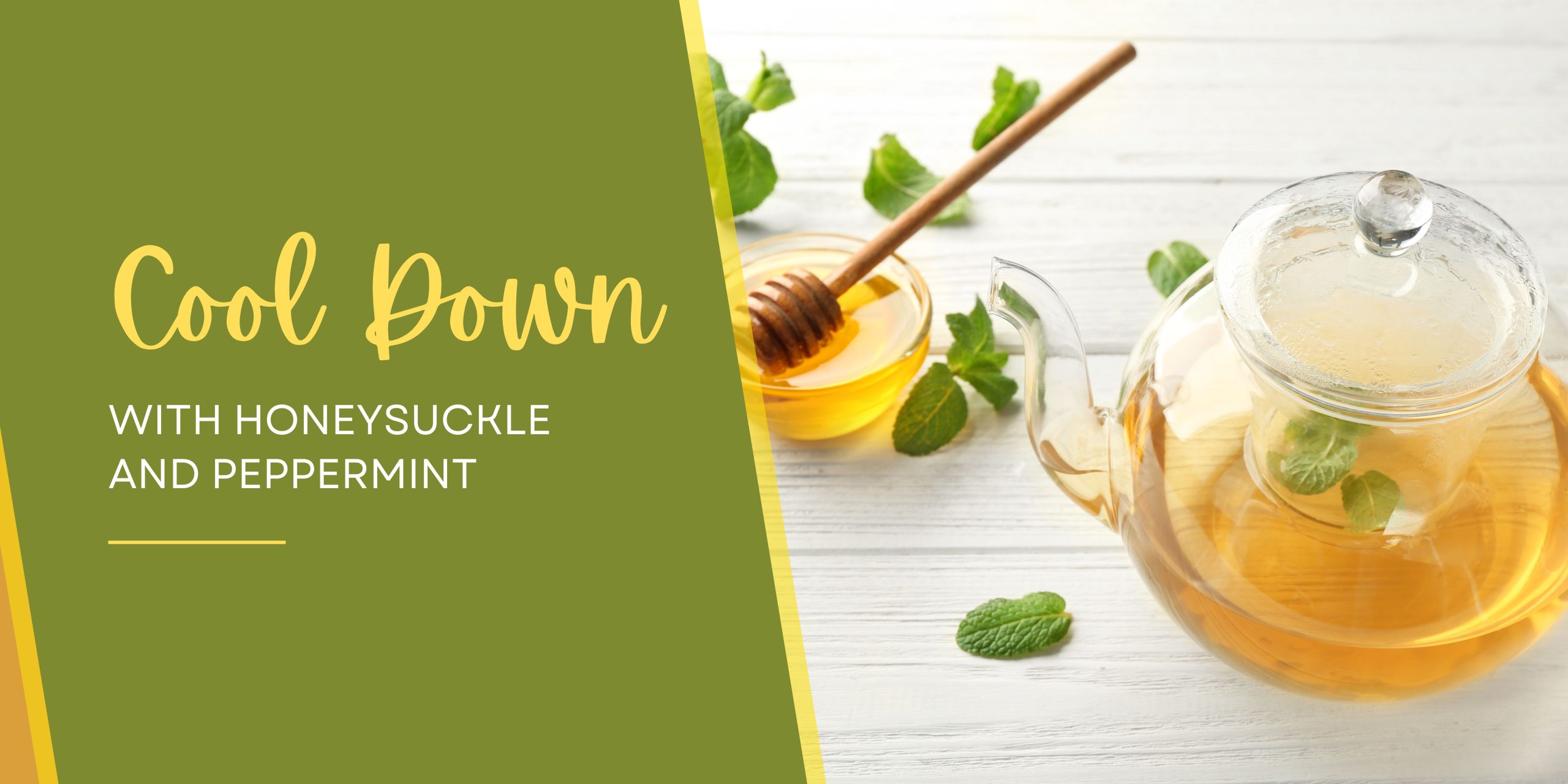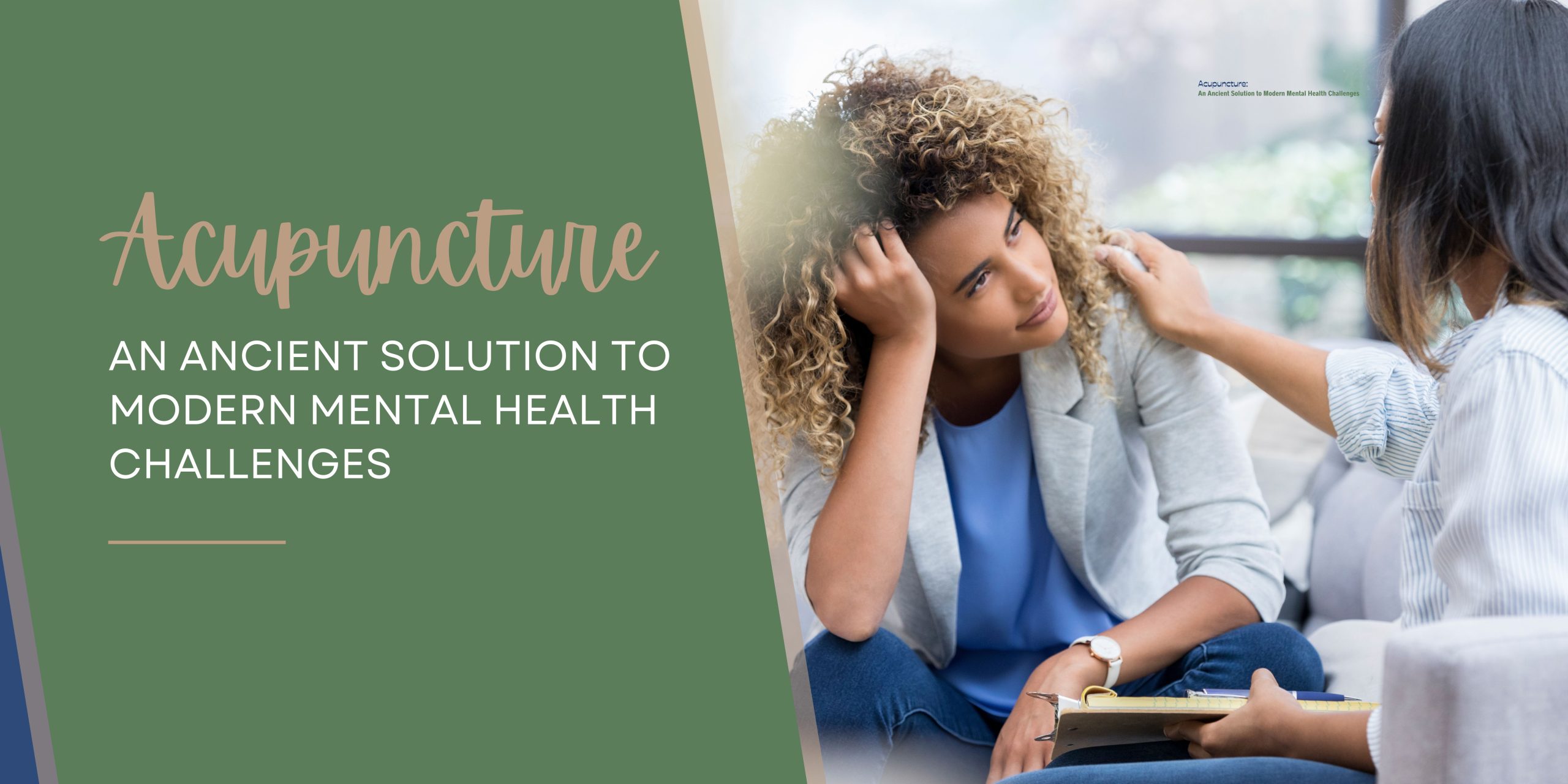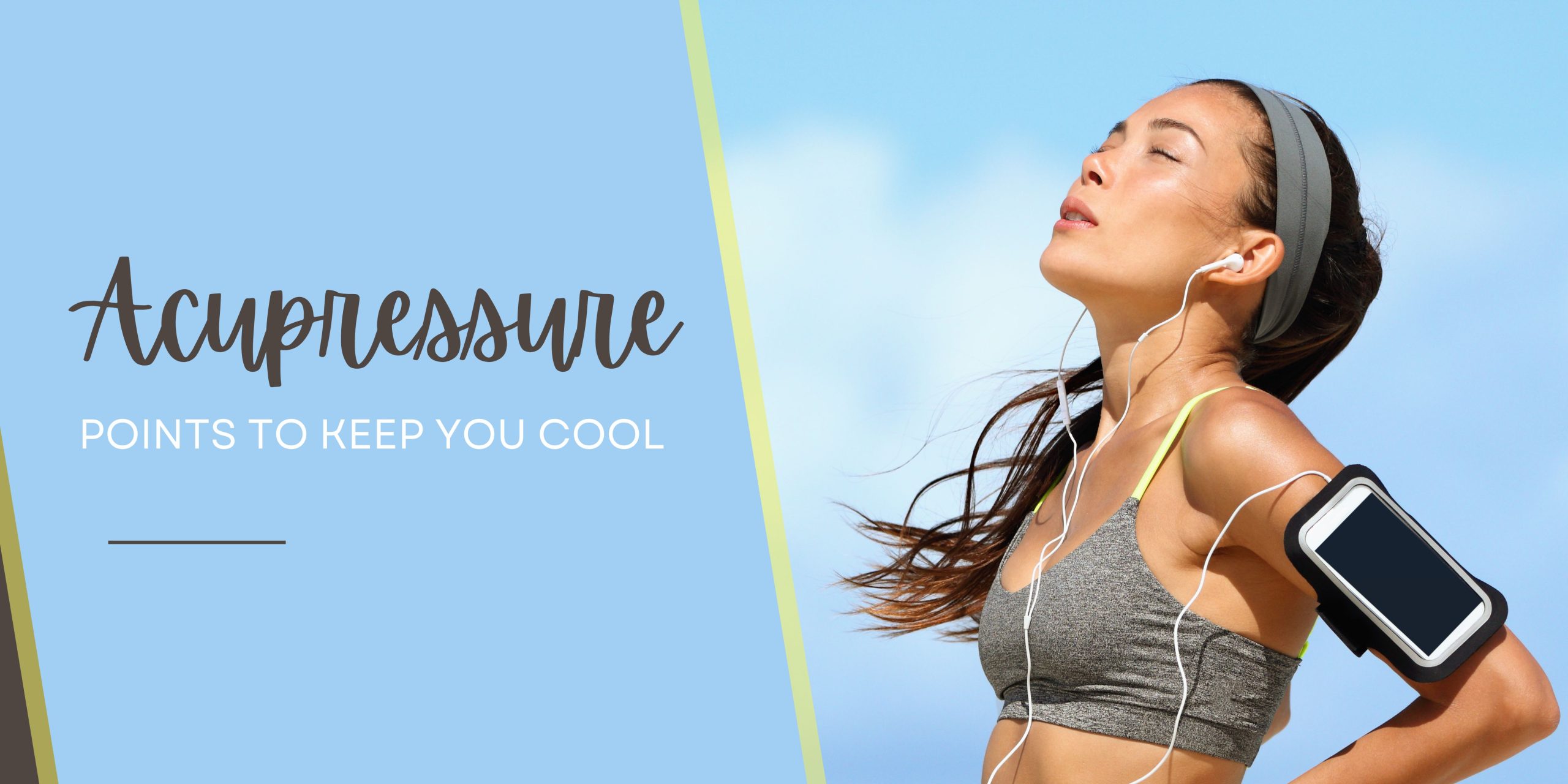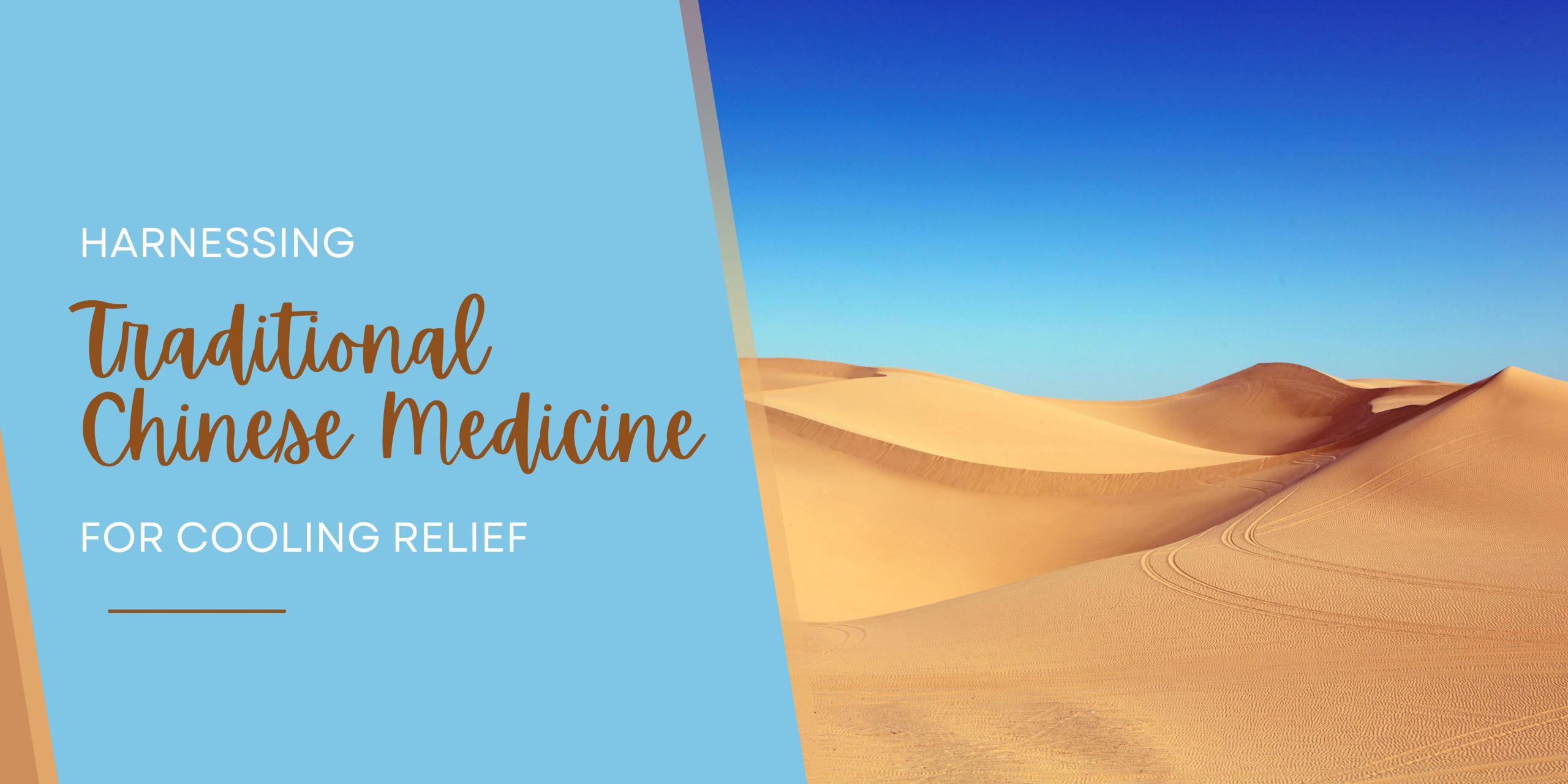- WE MOVED !!!
-
 Professional Acupuncture & Physical Therapy1118 East Superior Street
Professional Acupuncture & Physical Therapy1118 East Superior Street
Duluth, MN 55802(218) 724-3400 Clinic Hours
Mon8:00 am - 4:30 pmTue1:45 pm - 4:30 pmWed8:00 am - 4:30 pmThu8:00 am - 4:30 pmFriCLOSED

- Long Covid Booklet
Traditional Chinese Medicine
Back to School

Did you know that acupuncture can help you gear up for school?
Acupuncture is an ancient practice that has been around for thousands of years, and it’s all about finding balance and harmony within our bodies.
Imagine tiny, virtually painless needles being gently placed on specific points of your body, helping to stimulate energy flow and promote overall well-being. Sounds pretty amazing, right?
Not only does acupuncture help with physical ailments like headaches, back pain, and digestive issues, but it also works wonders for reducing stress and anxiety. It’s like a mini-vacation for your mind and body!
The best part? Acupuncture is a holistic approach that focuses on treating the root cause of our health concerns, rather than just masking the symptoms. It’s all about restoring balance and allowing our bodies to heal naturally.
So, if you’re looking for a natural and uplifting way to enhance your well-being to gear up for school, why not give acupuncture a try? It’s a fantastic way to tap into your body’s incredible healing abilities and embrace a more vibrant and balanced life.
If you’re looking for a good acupuncturist in Duluth, check out Heidi LaBore Smith.
Have any of you tried acupuncture before? Share your experiences and let’s spread the positive vibes!
Cool Down with Honeysuckle and Peppermint: Refreshing Herbs for a Sizzling Summer

Hey, sun seekers!
Summer is all about enjoying the great outdoors, but sometimes that summer heat can get to us. Fear not, because we’ve got two fabulous herbs that will keep you feeling fresh as a daisy: Honeysuckle and Peppermint.
Get ready to beat the heat and feel revitalized!
Honeysuckle – The Ultimate Chill Pill
When the temperature soars, Honeysuckle is your secret weapon. This cooling herb is like a tall glass of iced tea for your body. It’s been used for centuries to alleviate fever and soothe a sore throat. Honeysuckle also has anti-inflammatory powers, making it perfect for those hot summer days when everything feels a bit too fiery.
Recipe Idea – Honeysuckle-Infused Face Mask:
Pamper yourself with a refreshing Honeysuckle-infused face mask. Boil a tablespoon of dried Honeysuckle flowers in water for 10 minutes to extract their goodness. Let the infusion cool down, then mix it with honey to form a paste. Apply it to your face, kick back, and let the cooling sensation soothe your skin. Rinse off after 15-20 minutes and admire your refreshed complexion!
Peppermint – The Fresh Kick
Meet Peppermint, the herb that’s like a minty breeze on a sweltering day. This refreshing herb is your go-to for beating the summer heat. Peppermint helps cool down the body, aids digestion, and even clears out those stuffy sinuses. Plus, it’ll give you a burst of mental clarity when the heat starts to make you feel sluggish.
Recipe Idea – Peppermint Digestive Tea:
Got a case of summertime tummy troubles? Brew up a cup of Peppermint Digestive Tea. Steep a teaspoon of dried Peppermint leaves in a cup of hot water for 5-10 minutes. Strain, add a touch of honey if you like, and sip your way to a happy tummy. Ahh, refreshing relief!
When the summer heat is on, Honeysuckle and Peppermint are here to cool you down and keep you feeling fresh. Treat yourself to a Honeysuckle-infused face mask for a spa-like experience, and sip on some Peppermint Digestive Tea to beat the heat from the inside out.
Remember, always consult with Heidi before trying new herbs.
Stay cool, my friends, and enjoy the sizzling summer vibes!
Acupuncture: An Ancient Solution to Modern Mental Health Challenges

Acupuncture, a cornerstone of Traditional Chinese Medicine, has been practiced for thousands of years. In recent times, it’s gaining increasing recognition in Western medicine as a promising approach to treating a wide variety of ailments – including mental health issues.
Acupuncture and Mental Health
Acupuncture involves the insertion of very thin needles into specific points on the body, known as acupuncture points. The underpinning principle is the concept of ‘qi’ or life force energy, which flows through meridians (pathways) in the body. Illness, including mental health disorders, is considered to be a result of blockages or imbalances in this energy. By stimulating specific points, acupuncture aims to restore the natural flow of ‘qi’, promoting healing and well-being.
Modern science suggests that acupuncture may work by influencing neurochemicals in the brain, reducing inflammation, and stimulating the body’s natural painkillers. Numerous studies suggest that acupuncture can help with conditions like anxiety, depression, and stress.
Acupuncture Points for Anxiety and Stress
While professional treatment is recommended for severe cases, acupressure – a related practice that involves applying pressure to acupuncture points – can be a useful self-care tool for managing mild stress and anxiety. Here are a few acupressure points that you can stimulate at home:
1. Heart 7 (HT7): Located on the wrist’s inner side, at the crease where the hand meets the wrist, and towards the little finger’s side. This point is traditionally used to calm the mind and relieve anxiety, insomnia, and irritability.
2. Pericardium 6 (PC6): Found approximately three finger widths below the wrist on the inner forearm. This point is often used to alleviate symptoms of stress and upset stomach, which can accompany anxiety.
3. Yintang: Known as the “third eye” point, located between the eyebrows. Stimulation of this point can help promote calmness and reduce stress, anxiety, and insomnia.
4. Liver 3 (LV3): Situated on the foot, between the first and second toes, and about two finger widths back. It’s thought to help balance emotional energy, relieve stress, and alleviate anxiety and irritability.
5. Ren 17 (CV17): Located in the middle of the chest, at the level of the fourth intercostal space. This point is used to open the chest, calm the mind, and reduce anxiety.
Remember, these points are typically used in combination during a treatment, and the effectiveness of acupressure can vary from person to person. Always seek the advice of a licensed practitioner before starting any new health regimen.
The Potential of Acupuncture in Mental Health
The potential benefits of acupuncture in managing mental health disorders make it an attractive complementary treatment option. As mental health issues continue to rise globally, an integrative approach that incorporates practices like acupuncture could provide the comprehensive care necessary for individuals to achieve mental wellness.
It’s crucial to ensure mental health treatments are personalized, holistic, and attentive to each individual’s unique experiences and needs. Acupuncture, with its low-risk profile and potential for substantial benefits, is an option worth considering.
If you are intrigued by the potential of acupuncture for mental wellness, don’t hesitate to reach out to us for a personalized consultation. Together, we can explore how this ancient practice could contribute to your mental health journey.
Give us a call at (218) 724-3400 today!
Alleviating Heat in the Body: Acupressure Points to Keep You Cool

As the summer heat intensifies, it’s essential to find effective ways to stay cool and maintain balance within our bodies. In Traditional Chinese Medicine (TCM), specific acupressure points are believed to have cooling properties that can help regulate body temperature and alleviate heat-related symptoms. In this article, we will explore some key acupressure points renowned for their ability to bring relief and maintain a sense of coolness during the hot summer months.
1. Hegu (LI4)
Located on the back of the hand, in the webbing between the thumb and index finger, Hegu is a well-known acupressure point used to clear heat in the body. Applying firm pressure to this point can help relieve headaches, toothaches, and sinus congestion associated with excessive heat. It is also believed to support the immune system and promote overall well-being.
2. Quchi (LI11)
Situated at the outer end of the elbow crease, Quchi is a powerful acupressure point for reducing heat and inflammation. Stimulating this point may alleviate skin rashes, sore throat, fever, and other heat-related conditions. Additionally, Quchi is known for its ability to strengthen the immune system and support digestive health.
3. Tai Chong (LV3)
Located on the top of the foot, between the big toe and the second toe, Tai Chong is a versatile acupressure point often used to regulate body heat and promote liver function. By applying pressure to this point, it may help relieve irritability, insomnia, and hot flashes. Tai Chong is also beneficial for promoting smooth energy flow throughout the body, helping to maintain balance and harmony.
4. Tian Zhu (BL10)
Situated at the base of the skull, on the midpoint of the ridge between the two large neck muscles, Tian Zhu is a valuable acupressure point for clearing heat from the head and neck region. This point can assist in relieving headaches, migraines, and dizziness associated with excessive heat accumulation. It also helps to promote relaxation and relieve tension in the upper body.
5. Yongquan (KD1)
Located on the sole of the foot, at the center of the depression when the toes are curled, Yongquan is a cooling acupressure point that can help regulate body heat and promote a sense of grounding. Stimulating this point may help alleviate insomnia, restlessness, and hot flashes. Additionally, Yongquan is known for its ability to nourish the kidneys, which are vital for maintaining overall balance and coolness within the body.
6. Shaofu (HT8)
Situated on the palm side of the hand, in the depression between the little finger and the ring finger when they are brought close together, Shaofu (HT8) is an acupressure point associated with clearing heat and promoting heart health. Stimulating this point can help relieve symptoms such as restlessness, irritability, and insomnia associated with heat in the heart. It is also believed to support emotional well-being and calmness.
7. Quze (PC3)
Located on the inside of the elbow crease, in the depression on the outer side of the tendon of the biceps muscle, Quze (PC3) is an acupressure point known for its cooling properties and its impact on the pericardium, a protective sac around the heart. Applying pressure to this point may help regulate body temperature, alleviate chest tightness, and promote relaxation. It is also believed to support heart health and emotional balance.
How to Apply Acupressure
To apply acupressure to these points, find a comfortable position and use your thumb or index finger to exert steady pressure on the point. Apply firm but gentle pressure, gradually increasing it as tolerated. You can hold the pressure for 1-2 minutes or try massaging the area in a circular motion. Remember to breathe deeply and relax during the process to enhance the effectiveness of the acupressure.
It’s important to note that while acupressure can be beneficial for many individuals, it is not a substitute for professional medical advice. If you have any underlying health conditions or concerns, it’s recommended to consult with a qualified healthcare practitioner before trying acupressure or any alternative therapies.
Conclusion
As the temperatures rise and the summer heat becomes more intense, incorporating acupressure techniques to alleviate heat in the body can provide much-needed relief and support. By stimulating specific acupressure points like Hegu, Quchi, Tai Chong, Tian Zhu, Yongquan, Shaofu (HT8), and Quze (PC3), you can tap into the wisdom of Traditional Chinese Medicine and experience the cooling benefits these points have to offer. Stay cool, balanced, and rejuvenated this summer with the power of acupressure!
(Note: The information provided in this article is for educational purposes only and should not be considered as a substitute for medical advice. If you have any specific concerns or medical conditions, please consult with Heidi.)
Acupuncture and Summer Health: Harnessing Traditional Chinese Medicine for Cooling Relief

As the summer temperatures begin to rise, so does the need for effective ways to stay cool and maintain a balanced state of health. One avenue that many individuals may not have considered lies in the time-tested traditions of Traditional Chinese Medicine (TCM) – specifically, acupuncture and the therapeutic use of Chinese herbs. Here, we explore how acupuncture can be applied to promote summer health and also delve into some refreshing recipes using Chinese herbs renowned for their cooling properties.
Acupuncture and Summer Health
Acupuncture, one of the pillars of TCM, has been practiced for thousands of years. It involves the insertion of fine needles at specific points on the body, known as acupoints. According to TCM, these points are thought to be linked to the body’s vital energy, or Qi, and by manipulating these points, practitioners aim to correct imbalances and promote health.
In the context of summer health, the primary concern for many people is managing the excess heat, which can lead to symptoms like restlessness, insomnia, dehydration, and even heatstroke. TCM views these symptoms as signs of excess heat or Yang energy in the body. Acupuncture can help rectify this imbalance by stimulating acupoints that have cooling or Yin-enhancing effects.
Several acupoints have been traditionally associated with heat-clearing effects, such as LI11 (Quchi), HT8 (Shaofu), and GV14 (Dazhui). It’s crucial, however, to seek the assistance of a trained and certified acupuncturist like Heidi, as they can provide a personalized assessment and treatment plan based on your specific needs and overall health condition.
Cooling Down with Chinese Herbs
Beyond acupuncture, TCM also extensively uses herbs to rectify imbalances in the body. For combating the summer heat, several Chinese herbs and ingredients have been recognized for their cooling properties.
- Mung Beans: Mung beans are well-known for their cooling and detoxifying effects. They are rich in proteins, fiber, vitamins, and minerals and can be included in both sweet and savory dishes.
- Chrysanthemum Flower: This flower is often brewed into a tea and is believed to clear heat and toxins from the body. It also has calming properties, making it excellent for alleviating stress and insomnia.
- Lotus Seeds: Used in a variety of Chinese dishes and desserts, lotus seeds are considered cooling and beneficial for the heart and kidneys. They are also known for their calming effects, assisting with restlessness and insomnia.
Recipes for a Cool Summer
Here are two simple recipes incorporating these cooling Chinese ingredients:
1. Chrysanthemum Tea
Ingredients:
– 20-30 dried chrysanthemum flowers
– 1 tablespoon of honey (or to taste)
Instructions:
- Rinse the chrysanthemum flowers under cold water.
- Place the cleaned flowers in a teapot or a heat-resistant pitcher.
- Pour boiling water into the pot and let the flowers steep for about 5 minutes.
- Stir in the honey until it dissolves.
- Strain the tea into cups and serve. You can enjoy this drink hot or allow it to cool and then refrigerate for a refreshing chilled beverage.
2. Mung Bean Soup
Ingredients:
– 1 cup mung beans
– 4 cups water
– Rock sugar or honey to taste
– A handful of dried lotus seeds (optional)
Instructions:
- Rinse the mung beans and lotus seeds under cold water.
- In a large pot, combine the mung beans, lotus seeds (if using), and water. Bring the mixture to a boil.
